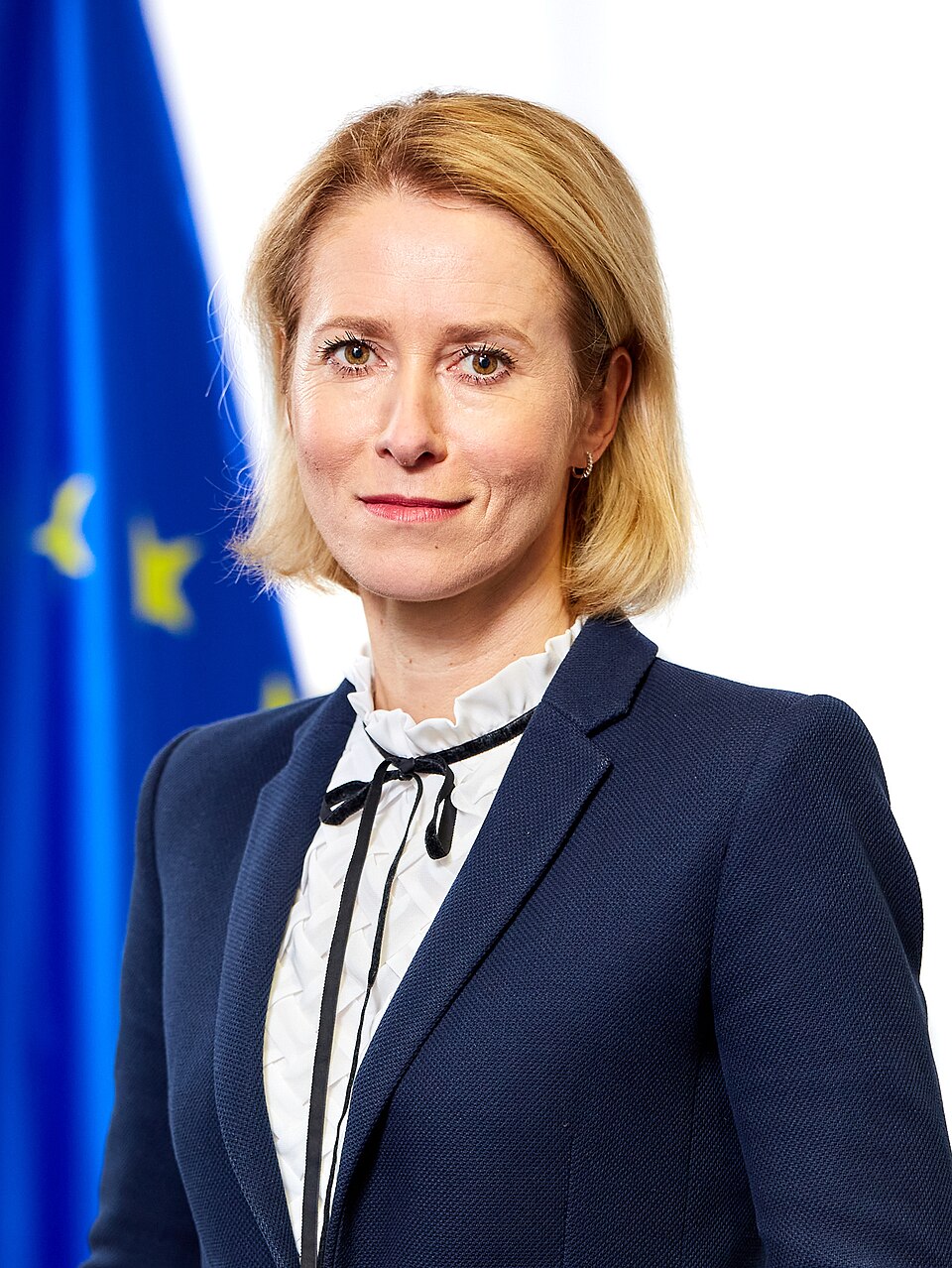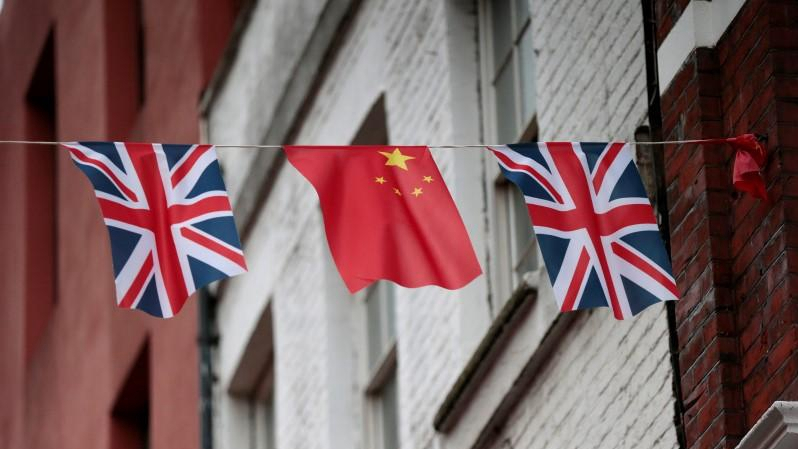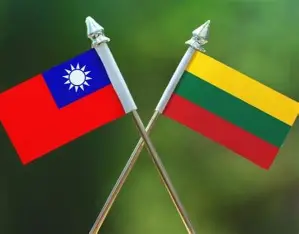Dave Sullivan
Copenhagen, May 13, 2025 — In a compelling speech at the Copenhagen Democracy Summit, European Union High Representative Kaja Kallas highlighted the pressing challenges facing global democracy and called for renewed commitment to its defense and resilience.
Addressing a gathered audience, Kallas expressed concern that democracy is no longer the dominant model worldwide, with recent data showing that 72% of people now live under autocratic regimes — the highest proportion since 1978. She urged democracies to understand that building and maintaining democratic institutions requires patience, perseverance, and collective effort.
“Democracy is not instant gratification. Bold choices and hard work are necessary to build long-term prosperity and safeguard individual rights,” she stated. Kallas drew parallels to the post-Soviet Baltic countries, which rebuilt democratic systems from scratch after 1991, emphasizing the importance of institutional integrity and societal commitment.
The High Representative also underscored the importance of strong security measures, particularly in supporting Ukraine against Russian aggression. “Treaties alone do not guarantee peace,” she asserted, referencing the conflicts in Georgia and Ukraine. She called for increased military aid, robust sanctions, and security guarantees in any future peace agreement, emphasizing that the EU is actively supporting Ukraine’s defense efforts with a new €1 billion fund for its military industries and a proposed 17th sanctions package against Russia.
Kallas stressed that peace requires ongoing investment in defense and that the EU is mobilizing up to €800 billion through its rearmament initiatives, underscoring the need for democracies to project strength in the face of external threats.
Addressing internal vulnerabilities, she warned that adversaries often exploit divisions within democratic societies through disinformation campaigns and hybrid warfare tactics, particularly by countries like Russia, China, and Iran. She called for increased fact-checking, media literacy, and efforts to expose foreign interference, highlighting innovative initiatives like the OpenMinds project that deploy AI to combat misinformation.
The EU’s commitment to safeguarding free media and civic space was another key theme. Kallas pointed to the critical role of independent media outlets like Radio Free Europe/Radio Liberty and urged continued investment in media literacy programs to counter state-controlled narratives. “A thriving democracy cannot exist without free, independent media,” she emphasized.
Despite the setbacks, Kallas acknowledged recent democratic successes worldwide—from Zambia’s peaceful elections to protests in Sri Lanka and Bangladesh—stressing that opportunities to restore democratic governance still exist. She urged the EU and global partners to seize these moments and support democratic transitions.
Finally, she highlighted the importance of accountability, referencing the establishment of a Special Tribunal to prosecute crimes of aggression in Ukraine as a step toward justice and societal healing.
“Our responsibility is to defend democracy every day,” Kallas concluded. “It is a choice we make boldly and collectively. With strength, resolve, and unity, democracies can rise from even the darkest moments and forge a path toward a freer future.”
The speech served as a stark reminder of the ongoing struggle to preserve democratic values in an increasingly autocratic world and underscored the EU’s vital role in leading this fight.



